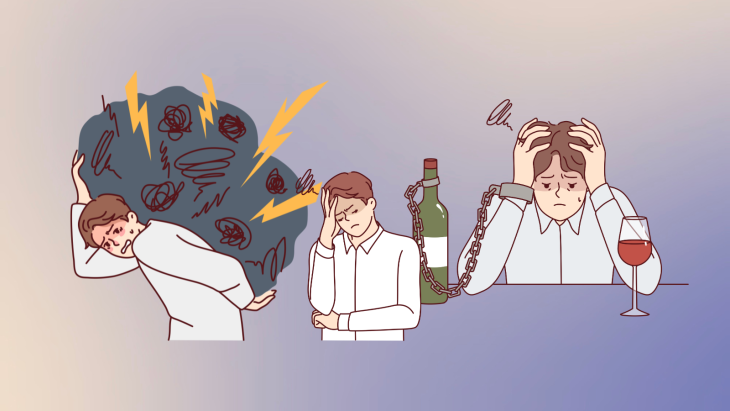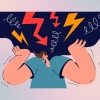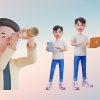Recent Posts
Most Popular
Trapped in an anxiety and alcohol dependency cycle. How do I get from fear to freedom?

Ah, the worries in daily life. After a particularly long and energy-depleting day, a glass of wine or a bottle of beer may just be the dose of relaxation we reach for.
However, when reaching for a drink, especially if it leads to binge drinking, becomes a habit entrenched in our daily lives, it may lead to misuse of alcohol as a coping mechanism to numb our senses to worries.
Alcohol and the Brain
Does alcohol make us relax and reduce our stress? Yes, it does! Here are the ways that alcohol affects our brain, nervous system and ultimately our mental wellbeing.
- Alcohol makes people forget their worries, lowers inhibition, and improves mood. In fact, the after effects of alcohol can be compared to the resulting feelings after taking anti anxiety medicines!
- However, these effects are temporary, as the amount of alcohol consumed and its frequency increase. People consuming a lot of alcohol may experience memory loss, and symptoms related to brain damage.
- Neurotransmitters in the brain function like messengers that have impact all over the body. In particular, the neurotransmitter dopamine, which is involved in mood regulation, is increased during alcohol intake, leading to relaxation. This feel-good effect may motivate people to engage in binge drinking alcohol.
- But not all things that start well end well. Over time, the very same chemicals in the brain that aid in relaxation, also become imbalanced, and the person has to take more and more alcohol in order to achieve alcohol’s pleasing effects. This is where alcohol dependence and the anxiety-alcohol use cycle come into play.
Thus it is important to get into the possible root of the matter in order to break the cycle.
How can we break the anxiety and alcohol dependence cycle?
Once the anxiety and alcohol dependence has taken root, there are two main things that need to be addressed:
- The mental factors related to anxiety and
- The physical factors related to alcohol dependence
Doing a quick research for self-care practices will give you these tips:
Focus on setting up a simple yet powerful lifestyle that supports your physical health. For example, you can:
- Start a habit of regular physical activity, exercise or sports. Moving your body and sweating through movement will also mimic the same relaxing effects of alcohol-use, but with more physical benefits.
- Learn to use calming strategies like meditation, stretching, or yoga.
- Go back to eating a diet that includes body-supporting nutrients and if your sleeping habits do not support a healthy lifestyle yet, make small and gradual changes to your sleeping routine. Make it a goal to get at least 7 hours of sleep.
All of these may sound simple, but these are also the basic areas in life that are disrupted by either chronic anxiety and/or alcohol dependence.
Lastly, consider adding to your support network. Who are the people in your life who can possibly guide you to positive changes? And when it comes to breaking free from the anxiety and alcohol dependence cycle, a licensed mental health professional can guide you towards effective treatment.
With all of these tips, you will be able to break free from the grip of anxiety and alcohol dependency.
Check out an extensive list of available mental health related careers and find the right job opportunity for you!








Comments